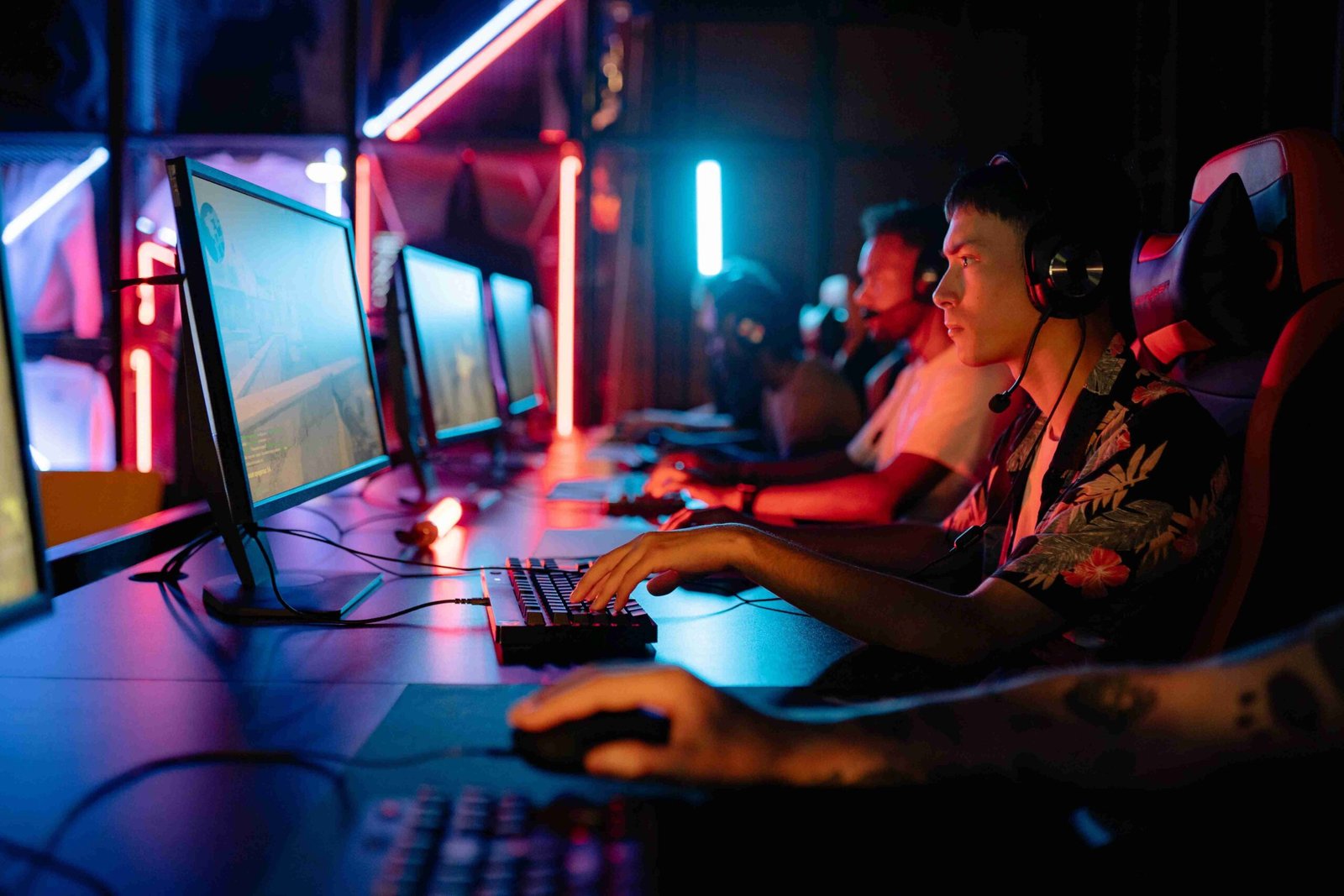As the esports industry grows, the importance of effective team management becomes increasingly evident. Building a successful esports team requires a combination of talent, dedication, and effective leadership. In this article, we’ll explore top tips and strategies for managing an esports team, from recruitment and training to communication and organization.
Recruiting Talent
The first step in building a successful esports team is recruiting talented players.
Look for players with a strong track record of performance in the game and those with the skills and traits essential for success in esports. In addition to in-game skills, look for dedicated, disciplined players who can work well in a team environment.
Consider conducting tryouts or hosting recruitment events to attract potential candidates when recruiting players. You can also scout for players on social media and online gaming communities.
Finally, set clear expectations for potential players, including practice schedules, team goals, and expectations for behavior both in-game and outside.
Training and Practice
Once you have recruited your team, developing a training and practice schedule is next.
Regular practice is essential for improving player skills and team performance. Establish a regular practice schedule and ensure all players are committed to attending each session.
Consider using team-building exercises and drills to help players develop teamwork and communication skills. During practice sessions, focus on developing individual player skills, team strategies, and tactics—review game footage to analyze mistakes and identify areas for improvement.
Encourage players to give feedback and suggestions for improvement, and ensure that each player is given an equal opportunity to contribute and develop their skills.
Effective Communication
Effective communication is essential for the success of any esports team. Establish clear communication channels and ensure all players know the team’s goals and strategies.
Encourage open and honest communication, and provide a platform for players to share their ideas and concerns. During games, use clear and concise language to communicate strategies and tactics.
Ensure all players are on the same page and aware of each other’s roles and responsibilities. Consider using voice communication software to facilitate real-time communication during games.
Organization and Planning
Effective organization and planning are essential for managing an esports team. Develop a clear team structure and hierarchy, with designated roles and responsibilities for each member.
Establish clear goals and objectives, and develop a plan for achieving them. Create a team schedule and ensure all players know about upcoming events and tournaments. Consider using team management software to streamline communication and organization.
Ensure all team equipment is well-maintained and up-to-date, including gaming hardware and software.
Managing Team Dynamics
Managing team dynamics is another essential aspect of esports team management. Encourage teamwork and collaboration, and ensure each player feels valued and included.
Address conflicts and issues quickly and effectively, and provide all team members are accountable for their actions. Consider hosting team-building events and activities outside of gaming to help develop team cohesion and communication.
Encourage players to support each other both in-game and outside of it, and foster a positive team culture that promotes hard work, dedication, and respect.
Developing Team Culture and Communication
Effective communication and team culture are essential to the success of an esports team. Clear and open communication among team members ensures everyone is on the same platform and working towards the same goals.
The team culture is also essential to ensure that all team members feel valued and motivated to work hard. As a team manager, you must foster a positive team culture promoting teamwork, accountability, and respect.
One way to develop team culture and communication is through regular team meetings, team-building activities, and social events.
Handling Player Contracts and Negotiations
Player contracts and negotiations are an essential part of esports team management. As a manager, you must negotiate contracts with players and ensure that all terms are fair and reasonable for both the team and the player.
You must also handle contract disputes and ensure that all parties adhere to the terms. Therefore, working with an experienced attorney specializing in esports contracts and understanding the legal issues involved in the esports industry is essential.
Managing Finances and Budgets
Managing finances and budgets is an integral part of esports team management. As a manager, you need to create a budget that includes all expenses related to team operations, such as player salaries, travel expenses, equipment costs, and tournament entry fees.
You also need to manage cash flow, track expenses, and ensure the team operates within budget. To manage finances effectively, you should work with an accountant or financial advisor who understands the unique economic challenges of the esports industry.
Branding and Marketing
Branding and marketing are crucial for the success of an esports team. As a manager, you must develop a strong brand representing the team’s values and appealing to fans and sponsors.
You also need to create a marketing strategy that promotes the team and helps to attract fans and sponsors. This can include social media marketing, content marketing, influencer marketing, and event marketing.
To develop a successful branding and marketing strategy, you may need to work with a marketing agency or consultant with experience in the esports industry.
Dealing with Adversity and Conflict Resolution
Esports team management can be challenging, and there will inevitably be times when conflicts arise or adversity strikes. As a manager, you must handle these situations effectively and professionally.
This may involve resolving disputes between team members, dealing with player burnout or injuries, or navigating challenging situations with sponsors or tournament organizers.
It’s essential to remain calm, objective, and solution-focused in these situations and to work with all parties involved to find a resolution that works for everyone.
Keeping Up with Industry Trends and Changes
The esports industry constantly evolves, with new games, players, teams, and technologies emerging. As a manager, it’s essential to stay up-to-date with industry trends and changes and to be flexible and adaptable in your management approach.
This may involve attending industry events, reading industry publications, or networking with other esports professionals. By staying informed and versatile, you can ensure your team stays competitive and thriving in the ever-changing esports landscape.


